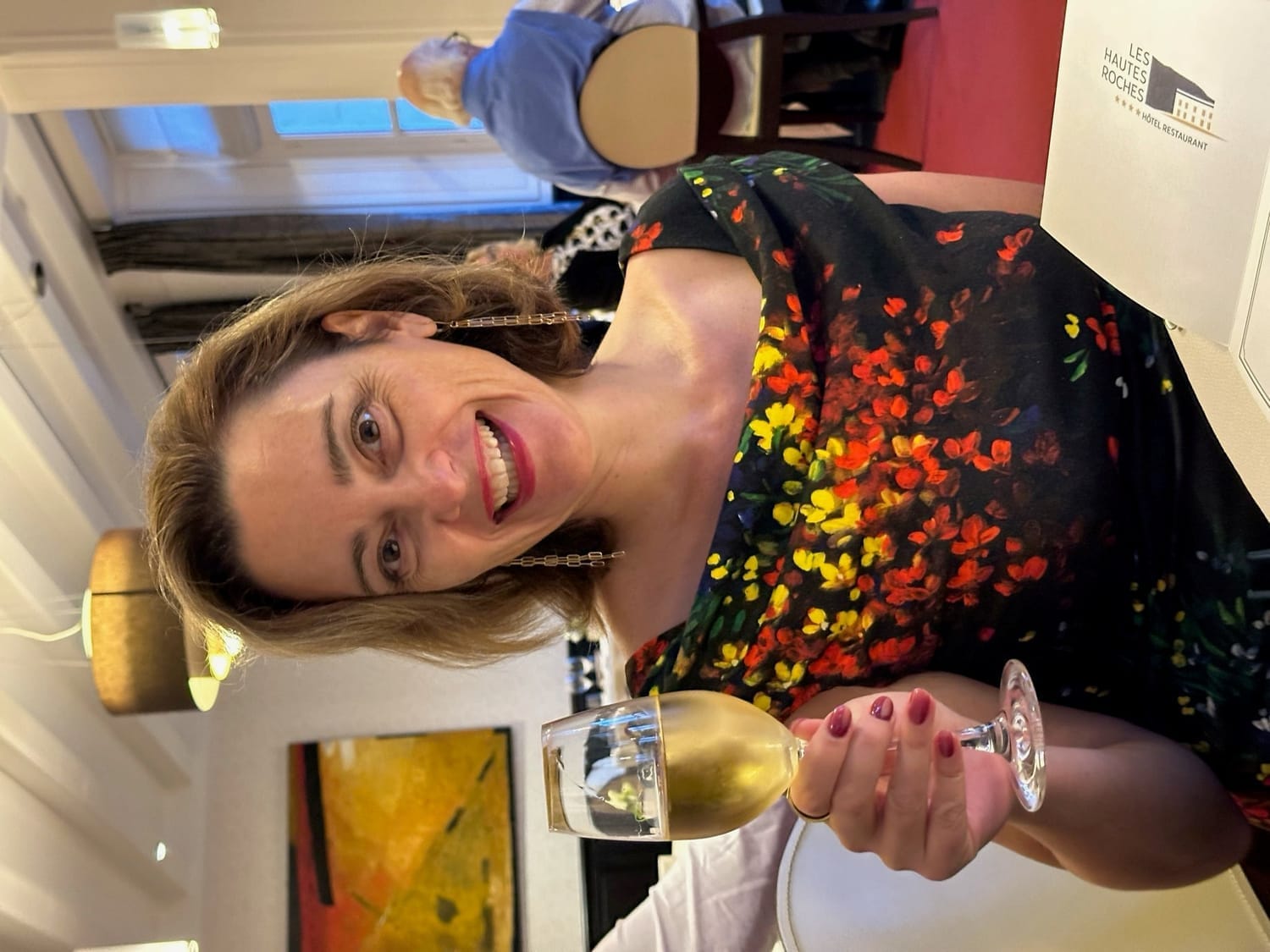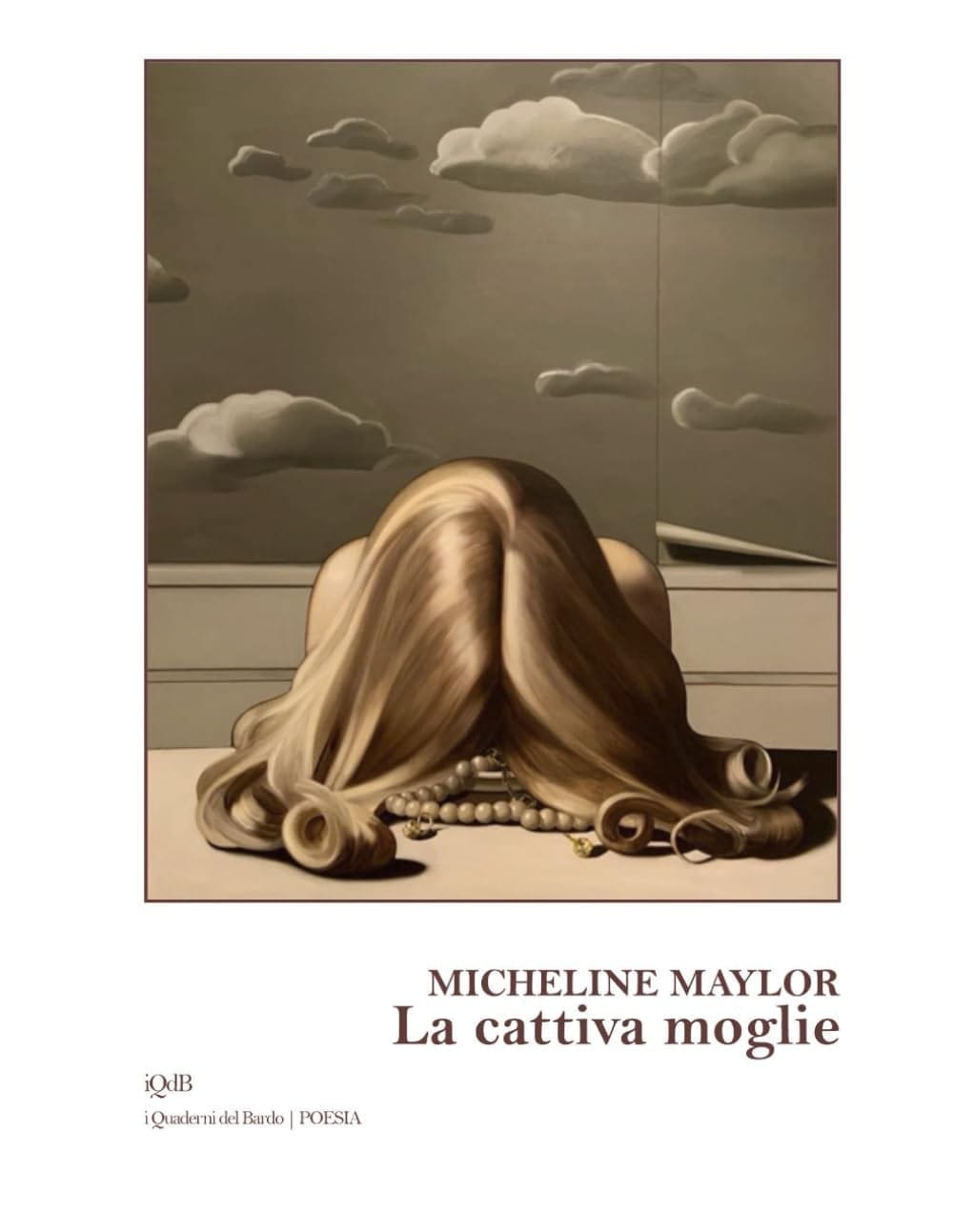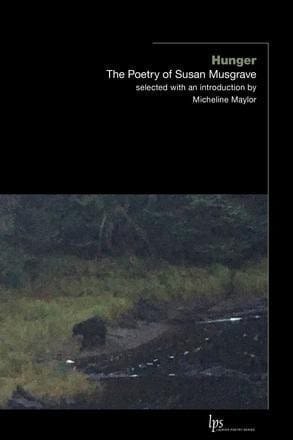An Interview with Micheline Maylor

Dr. Micheline Maylor is a Poet Laureate emerita of Calgary (2016-18). She was awarded the Queen’s Platinum Jubilee Award for literary contributions to Alberta in 2022. She is the senior acquisitions editor (poetry) at Frontenac House Press. She is a Walrus talker, a TEDX talker, and she was a past Calgary Public Library Author in Residence (2016). Her most recent book is The Bad Wife (U of A Press, 2021) won the BPAA Robert Kroetsch Award for best book of Alberta poetry and has been translated into Italian La Cattiva Moglie (iQdB). She was short-listed for the Exile Robert Kroetsch award for experimental poetry. She won the Lois Hole Award for Editorial excellence for poetry in Alberta (2019). Her poems have recently been translated into Italian, Farsi, and Chinese.

Do ideas for poems ever come to you in dreams?
Yes, quite often. I make a practice of writing my dreams in the morning. Often times, I will see books and ancient texts and be able to read them in the night, sometimes I’m reading backward, or in other languages, sometimes the pages are illuminated. I’m sure I’ve read libraries of books in dreams. Most frequently, in the morning, I will only remember either a line or an image, but that is enough to start a poem and move through it. I often use transcendental meditation as an alternate form of night dreaming. A daydreaming sort of suspended state of drifting and finding.
How long did it take you to find your voice as a poet?
I’m not sure I’ve found it. I think it is a poet’s job to write as well as one can and then develop. Many visual artists, for example, will change style, think Picasso, he moved from classical to cubist, to surreal. I would hope, that as an author, I could shape shift a little, at least. Even if the hand of the poet is unmistakable, there should be a progression and an experimentation in form, style, content. I’d want that of a poet’s voice, so I expect that of myself. I don’t want to write the same book over and over.
Were you confident in your writing ability early on?
Absolutely not! At the start, and very young I might add, I was very imitative. My first poetic loves were highly rhyming and rhythmic. I memorized T’was the Night Before Christmas; I learned to read with Dr. Seuss; and I fell in love with the cadence of Shel Silverstien first. I thought poets said things better than regular and I was completely aspirational. I’d HOPED to say something poetic someday and tried by imitation. Even after all this time, I’m still in the same boat, I HOPE to say something in a way that someone else reads it and delights in its elegance, and likely with a lot less regularity of line and form than those early mentors, but I still find the process aspirational. I aspire to art, and confidence is some distant afterthought that has no relationship to what is actually happening on the page or with composition. Confidence is a far-off nearly invisible star that a planet of aliens have, not me, it’s not even a consideration in writing.
However, once I’m in the editor’s seat, I’ve got plenty to say about the engineering and result of a poem as art. Editing is where I am sure of syntax, diction, feel, image, all come together in a kind of architecture, to form something livable or not.
I know when a poem is designed by Frank Loydd Wright, and one is a builder grade suburban ticky-tacky, or when one is the framing without the finish.
Do you listen to music when you write?
Yes, but nothing with words, because that feels like an interruption. I often listen to Binaural beats. There’s something about the drifting pulses that makes it easier to let thoughts shimmy and slip. It’s the sound of cosmic thought lubricant.
How often do you send out your writing to literary journals? Is it something you work on weekly, for example?
I send out about once a month, based on how appealing the call is. If there’s a specific call to a theme, I will see what I have that is both unpublished and fitting. If it’s an open call, I will decide if I like the magazine and editors. I tend to be non-structured about it, but it averages once a month. I think that more successful writers are more diligent and structured about it. Likely there’s some AI program that will do this all for you. Really, the writing is WAY more important and should always take precedent over submissions. Submissions are eternal, there’s always another one, whereas writing can ebb and flow, so take it if it’s there.
Have you ever taken a break from writing?
Yes. I tend to write in binges. There will be an incredibly productive time of writing. And then I will often find, I just don’t have anything to say to the paper. And if that’s the case, I don’t fuss or flip out, or call it writer’s block. I just think, “eh, this is a part of my process that I recognize, and I go about my business.” Writing comes to me in three distinct ways: Walking, reading, and traveling somewhere new. If I do those things, the words and images come back, and the process starts again. I’m just unphased by it as a cycle. It’s not conscious as, “I’m taking a break.” It’s just like the cycle of the moon, new, full, new, full, and so on.
How do you handle literary rejection?
This also does not phase me. I just move on and put the work back into the available for sending out pile and get on with it. There are so many reasons that work isn’t accepted. One, you can control, and that’s the quality of your work. Two, you can’t control space and funding at the magazine or press, moods and tastes of the editors, content consideration, you name it. So many parts of it aren’t in your control. Just control what you can, be a technician, know what you are doing, do your best, then let it go to the fates. Don’t invite your ego to the desk, and don’t let it have an opinion of your worth based on such fickle results. Just get on with making your best next thing.
How do you know when a poem of yours is finished?
French poet Paul Valery said, “a poem is never finished it’s only abandoned.” I think that’s true, I will often think a poem is not finished and BAM it’s accepted somewhere. At other times, I will work something to my perceived opinion of perfection, and it’s like handing over a full huggies in terms of reception. No one will touch the stinker. Because all writing is a relationship between the poem and it’s reader, I just can’t always know. Sometimes, if I’m trying to catch a brief mood, or image, I will be satisfied with the Polaroid capture, but other times, I will work and work and hope for the best.
Workshopping teaches you, “you can’t please all the people all of the time,” but you can please many and sometimes that’s enough. That chemistry between the reader and page, in that moment. That instant is enough to consider an abandonment.
Which of the books that you’ve written are you proudest of?
Proudest? Back to the ego comment above. I find that a weird word. I like Little Wildheart. I like who I was then. I like that person that wrote that book; I like how she felt writing it.
Who is your favorite painter?
At this moment, the indigenous painter Jospeh Sanchez. I had the wonderful opportunity to speak to him about mark making, shape shifting, veil walking, and healing through the act of creating. We talked about how art is bigger than an individual life. And I like that. Oh, and he told me that he jumps on rubber mats when he makes big canvases. I like the spirit of play and transformation that he brings to his work. You can find him here.
What are you working on now?
I have four separate book projects on my desktop that are in various states of repair. I don’t like to talk about projects before they are nearer to completion. It feels like leaving your baby outside in the snow. I do have an essay due in 2027, that’s on David Lynch’s Blue Velvet as a Hindu allegory. I’m delighted with how that turned out. And I’ve just done an introduction for a selected of the Canadian poet, Susan Musgrave, called Hunger: The poems of Susan Musgrave by Wilfred Laurier Press.

